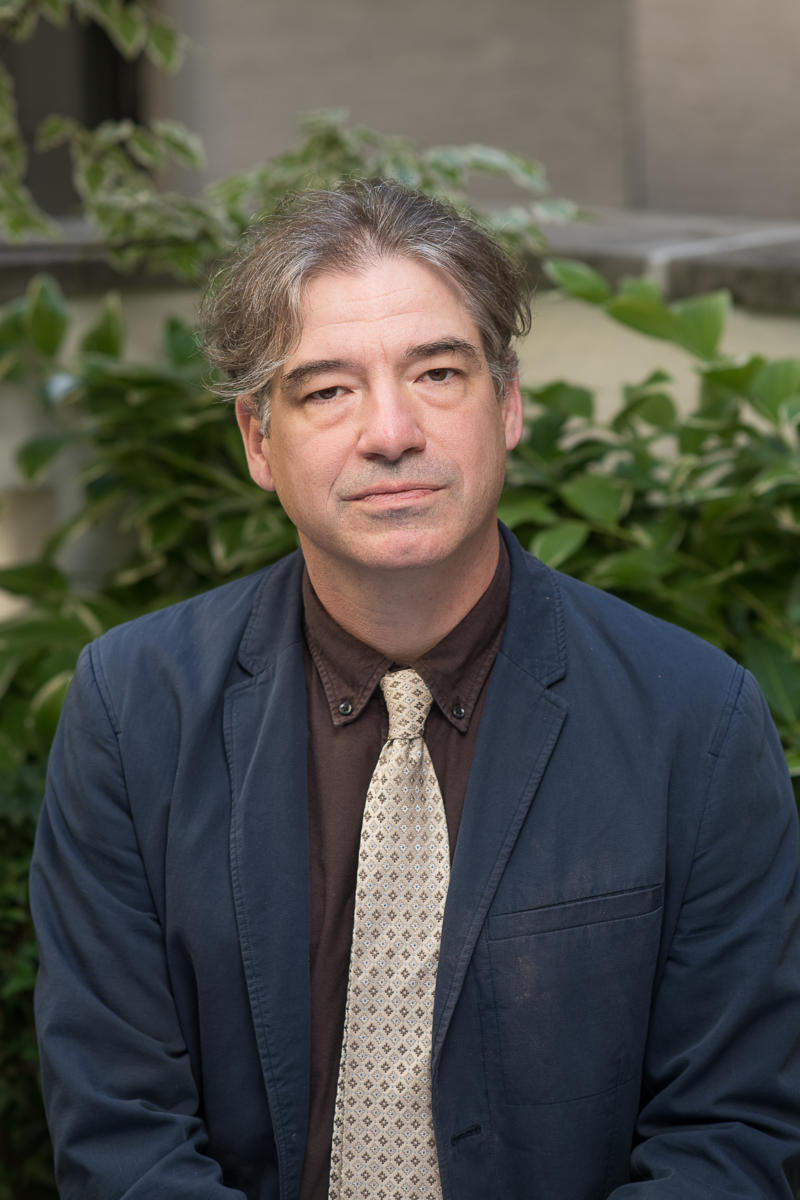On March 13, 2020, the College of Teachers held an emergency meeting in the 78th Street building to assess the rapidly deteriorating public health situation and how it might affect the School’s pedagogy and program in the coming weeks or months. Terms like “distance learning” or “beyond the classroom” were just being invented, only one or two of us had ever led a Zoom meeting, and the protracted shutdown that ensued was not yet obviously imminent. Spring break was just beginning, buying us a little time to plan and adjust; nevertheless, fear was spreading in the wake of the pandemic, and teachers recognized right away that the immediate pedagogical task would be to counteract anxiety, isolation, and discontinuity of experience already emerging. It was a reassuringly calm and circumspect meeting: we knew better than to make concrete plans, and we felt that years of direct and interested engagement with children and families would allow us to adapt our offerings and our ways of teaching. Because our curriculum derives from an intention to meet individually developing human beings rather than from extrinsic standards or regulations, we felt quite ready to adapt school to whatever seemed needed in whatever ways we could. We knew that we would make mistakes, that we would have to forego aspects of school that had seemed essential, and that we would need to work harder than ever before. But we also knew that if we remained attentive to our core principles (that our work with students is for life and not just for now, that teaching and learning are inherently collaborative and not just to and from individuals, and that capacities for intuitive understanding can be strengthened and put to use and not just wished for in the abstract), we would discover and invent paths through the crisis—varying and evolving the program in consonance with our philosophical-pedagogical convictions.
The leading work of the College of Teachers is to coordinate, support, assess, and transform the School’s program and curriculum according to our shared pedagogical ideals. By far the most important dimension of this endeavor is to perceive the life activity of the School in as many ways as we can, and last spring that’s exactly what was needed more than anything else as we experimented and revised. Moreover, the main project wasn’t the emergency conversion to online teaching and learning—it was to plan simultaneously for the summer and for the upcoming school year. Resilience for the College was less an ideal than a method: we needed to sustain a centered imagination of an institution that no longer had a location (much less a way to gather), and the only way to do this was to sustain a manifold of dialogues all through the community. It was this work that was “harder than ever before,” namely, to reach out to parents, colleagues or students with warmth and interest but without the ability to offer specific reassurances about concrete future plans. Resilience meant that the College had to meet far more frequently than usual just to consider what had to change right away, what was actually happening, and what would be needed down the line.
This work was and is a privilege rather than a burden. The College is not an emergency management group, but it is an emergency understanding group, which is a logical consequence of our commitment to an education in freedom. Our free responsibility has been to meet the pandemic conditions not as obstacles to be circumvented but as comprehensible life circumstances for which we teachers are always inwardly preparing; to encounter these things out of reverence for human development and with devoted regard for our students’ well-being.
The College meeting in March 2020 turned out to be the last in-person gathering of teachers until we began arriving again at the school in August. It has been a labor of love to reinvent school, not because everything we have put together has been lovable but because we have felt the trust and support of the community as we have essayed to meet the moment through a period of bewildering changes. Resilience is not a longing for normalcy but inner strength for the future and a disposition to welcome it. Resilience is not somehow invoked by teachers but practiced in conjunction with our students every day.
With heartfelt appreciation, and on behalf of the College,
Dan Marsch, College Chair


